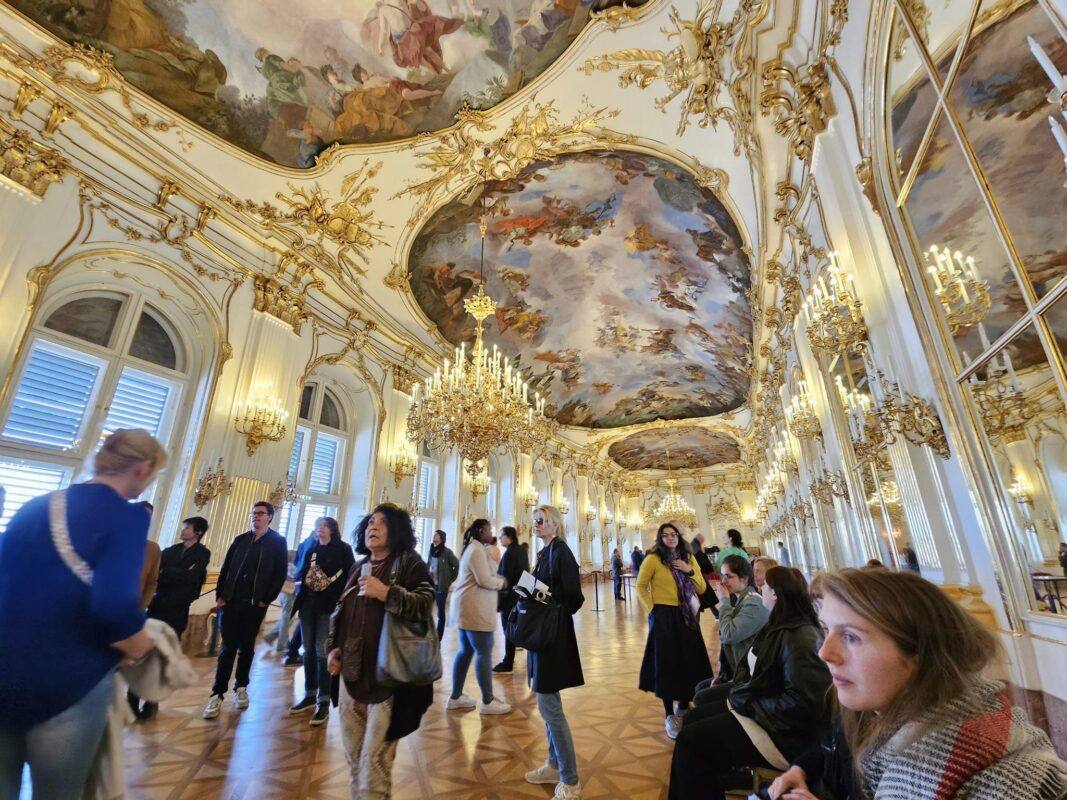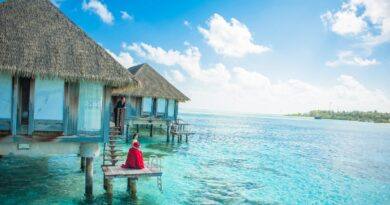Survival Basics For A European Trip: Know It All
Trip to Europe, solo or in group, is in the bucket list of Indians of all hues, the NRI/PIO variety and the domestic Indians as well. After a solo trip of 18-days, here I present my survival basics for a trip of this kind, here.
Group travel is always preferable to negotiate better for the hotel and some travel costs. However, if one has to travel solo, in-depth research is necessary. In any case, book flights and hotels months in advance to reduce the costs.

It seems it is better to get somewhat known places to stay, and need not stay in the heart of the city. Get general city and metro maps of each city, and have internet on cell. A recent group of travellers has gone to Vienna in a four-star hotel at just 100 Euros a day, having booked in July for October. I got City Hotel of Schwechat, just a few metro stations away from central Vienna, a three-star property, for 80 Euros a night which would be double at city centre.
However, the usual minimum decent room tariff in the cities of Europe is 100 Euro, decent meal cost is 20 Euro, decent snacks cost is 10 Euro. Average expenditure of a Day all expenses included is Rs.25,000 INR or 250-260 Euros, including the cost of various sites and museum visits. So, a 20-days visit to 6 European nations would cost Minimum Rs.4 lacs if alone, Rs.7 lacs as couple. Larger group and advance booking can make it cheaper by around one-fourth. It is important to note that breakfast and wifi must be guaranteed while booking. They are not to be taken for granted. Be careful about check-in and check-out timings at each place of stay to avoid disappointments.
The best strategy in every European city on the first day is to have a city tour by Hop in- Hop off buses and select places to visit the next day. Two to three full days in a city is a good time. Also, a two days all-transport pass is the right way to travel in European cities as public transport system (underground metros specially) and signages are very well developed.

Specific cuisine and areas of interest must be identified in advance through research. Your personal must do list for each city should also be there. European cities marvel in history and historical monuments and hence prior research is very useful.
Be ready to walk 15000 to 20000 steps a day, 10 to 15 kms ideally for best experience. Have good quality handset and camera and learn using gimbal for sure. I travelled across Europe with a pro gimbal but not using it due to my ignorance of operating it.
The climate usually being pleasant, with much lesser humidity than South Asia, walking with Google Map or a physical map in hand is a bliss for the able-bodied persons. However, be prepared for rain and cold wind. Yet travel light with half suitcase empty as the desire to buy a few things will always be there. Wash salons are there in every city.
For the Shengen visa, entering one nation (usually France or Germany) by flight is fine, but rest cities of the Shengen nations can be moved cheaper and with greater fun by bus or train. They are very clean and punctual. Shengen visa requires that you stay the longest in the first nation. So choose a major nation like France or Germany for your first stay.
Visiting museums, historical monuments, places of worship and walking across the cities are the commonest work of tourists in Europe. If one adds visiting concerts, plays, cinema-show, a university or school campus, and surely the country-side, along with the usual, it makes the trip truly memorable.
Due to high costs, repeated travel is not possible. Hence, a well-researched, well-planned trip of Europe is always the preferred one.

My last trip was between October 7 and 25, and was spread across Paris of France, Amsterdam of Netherlands, Vienna of Austria, Bratislava of Slovakia, Rome of Italy, Vatican City, Hamburg and Frankfurt of Germany.
–Prof Ujjwal Anu Chowdhury





whoah this weblog is excellent i like studying your posts. Stay up the great paintings! You know, many persons are looking around for this info, you can aid them greatly.